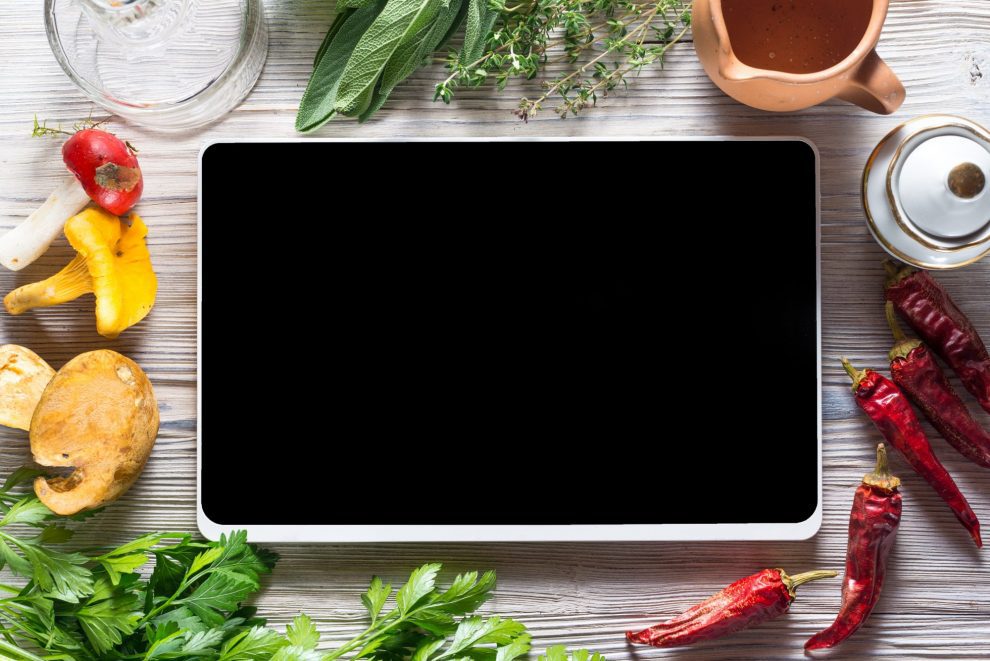Move over kale, bone broth and acai bowls. Forget keto, paleo and Atkins. The new diet you need to know about has nothing to do with what you put on your fork and everything to do with your digital consumption.
Just like we warn our kids that too many sweets will give them belly ache, the research is suggesting that too much time spent in the digital world can manifest itself as both physical and mental illness. So, what is digital nutrition and why should you care about it?
What is digital nutrition?
Digital nutrition is an understanding of the impact that digital consumption has on your mental and physical health and is the process of ensuring that consumption nourishes your body, mind, health and relationships.
Of course, the flipside of this is being aware of when your technology use is problematic and exploring ways to clean up your digital diet to prevent addiction and overuse.
Five Tips for Good Digital Nutrition
Be Proactive: be mindful of how much time you are spending on technology and in the digital world. Keep a time-use diary for at least 3 days and monitor exactly where you are spending your time and what you are doing with your days.
Monitor Positivity: how do you feel after you spend time on technology and in the digital world? Do you feel lighter and more connected? Do you feel informed and inspired? Or do you come away feeling anxious and less-than? Do you get caught in the spiral of comparison? Examining your time-use diary, give yourself a positivity score for each activity and reconsider if you should be spending time on those low scoring activities.
Be Planful: have a planned, limited time-block to spend on sites and platforms that you know take you down the rabbit’s hole. I am not suggesting you abstain and never visit those sites but rather you plan out when and how long you will allow yourself to visit those worlds where time blinks by. This prevents the time-suck and inevitable self-loathing that follows.
Nurture Relationships: no one wants to spend their time talking to the top of your head or to the side of your face. We have all witnessed two people sitting together while they both look downwards at their screens. This is especially relevant for parents of young children: they develop so many of their social skills by following the facial cues of the people they are interacting with. Be mindful of your physical presence when you are spending time with other people. Make an effort to look into someone’s face, make eye contact. These basics of human connection are being lost and there is certainly nothing to be found (generally speaking!) on the top of another person’s head.
Remember who is in control: technology is a tool not your master. Don’t be too hard on yourself if you are reaching for your phone without even realising it or mindlessly scrolling through your newsfeeds. A considerable amount of thought and expertise goes into making apps and platforms attractive and addictive, you are responding in exactly the way the designers intended you to. Being aware of some of the design features that hook you in can go a long way towards helping you take back control of your device. For example, the red notification bubble is inherently attractive to our human brain. Colours elicit emotions and we can’t but help attach a sense of urgency and priority to the red number on the notification. Knowing this allows us to create strategies to fight against addictive design features. So, for example, turn your device settings to grayscale so that your lizard-brain isn’t compelled to chase the red herrings. Get informed and don’t feel you are at the mercy of your device.
The aim is to work towards a healthy and balanced relationship with technology. One that enhances and enriches your life. Just like chocolate cake, you can have too much of a good thing. So be portion aware and make sure you consume enough to nourish you but not so much that it makes you sick.
Love reading this and want to read more? – You have anxiety and didn’t even know it





















Add Comment